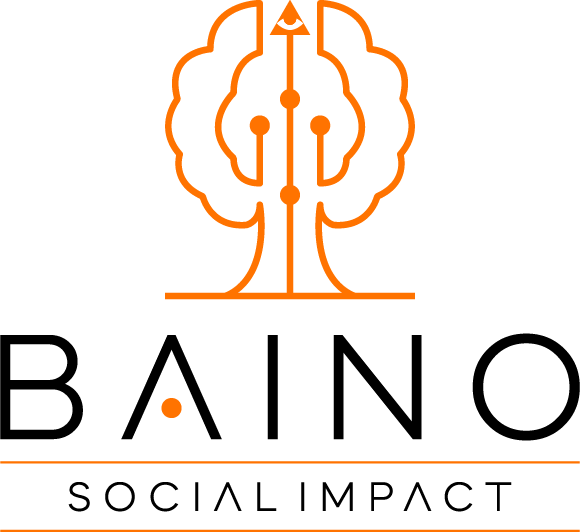Prejudice is pre-judgment. It’s a mindset, an affective feeling. It is an assumption or an opinion about someone or a group of individuals based on membership or affiliation.
The word prejudice is often used to refer to a preconceived (usually unfavourable) evaluation or classification of another person based on that person’s perceived personal characteristics, such as culture, ethnicity, background, etc.
The biases through which the people of Busoga are being framed are fatally marginalising and continuously ingrain the region in a structural social meaning that victimises it.
These biases have behavioural consequences primarily because they influence people’s morals, psychology, aesthetic preferences, insight, intuition and judgement.
Sadly, the people of the Busoga region are being viewed and treated as less than intelligent people who can’t learn much—people who are weak and can’t attain anything substantial.
Such sentiments, mockery and abuse are recited frequently in casual public conversations.
As a result, they have become normalised and accepted in nearly all aspects of daily life, including politics, economics, mainstream media and the entertainment industry.
Prejudice impacts the structures and institutions of society. It intensifies class and group conflict, undermines equality of services, and fuels resentment that can erupt into unpleasantness. The negative consequences of prejudice affect all persons.
Nothing inflicts more consequential psychological and emotional damage on a person than to compromise their sense of dignity.
Because of prejudice, children and youths of Busoga origin are enduring a high burden they shouldn’t be carrying around with, in and outside their classrooms. They are being forced deep into an inferior position they can’t afford to add to a list of other challenges they already have.
The type of depression and stress such treatment causes is exceptionally toxic. It’s even more fatal, especially to children in their childhood stage.
As per the research by the Department of Science and Early Childhood Development at Harvard University, US, it can damage developing brain architecture and lead to lifelong problems in learning, behaviour, and physical and mental health.
It’s critical, therefore, to ensure the healthy development of all children.
While every stakeholder must be involved to achieve this objective, we, the public, must take the lead and do what is right – and treat children from the region of Busoga the way we would like our own children to be treated.
Creating the right conditions for early childhood development is more effective and less costly than addressing problems later.
Later remediation to address our children’s difficulties will yield less positive results and cost more than any appropriate remedies we can implement now.



